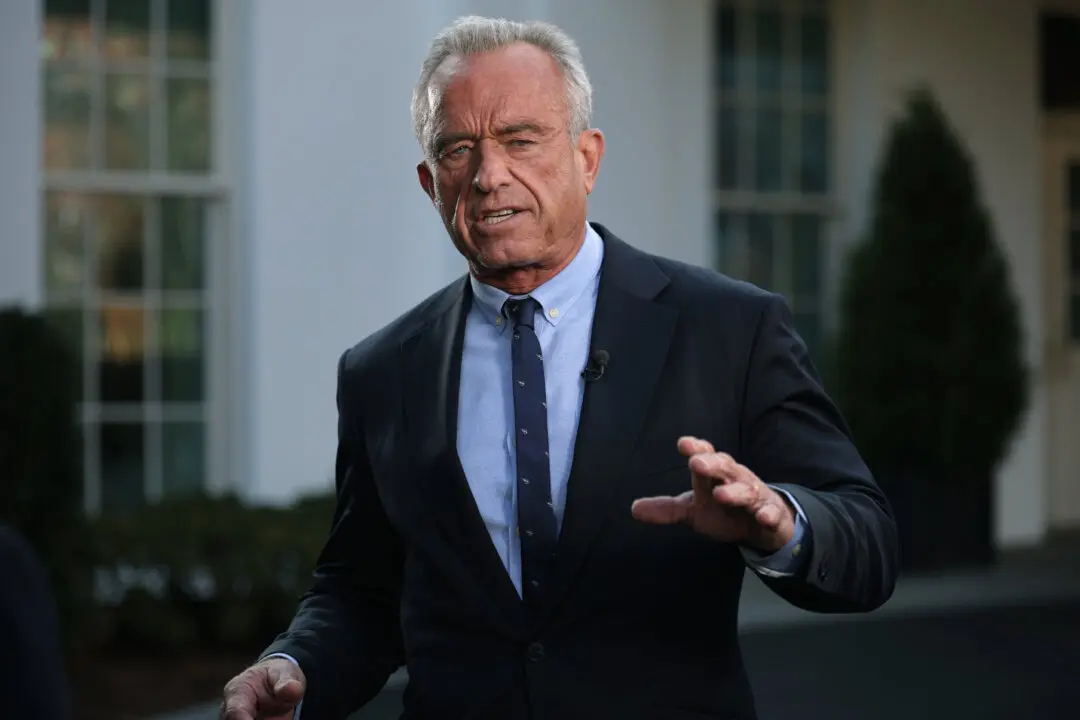A public radio station that relies in part on federal funding is refusing to carry live press conference from the White House, a move that provoked widespread ire and calls of censorship.
President Donald Trump and the White House Coronavirus Task Force, which features the top medical experts in the country, have been giving daily briefings from Washington, disseminating updates from the response to the CCP virus.





